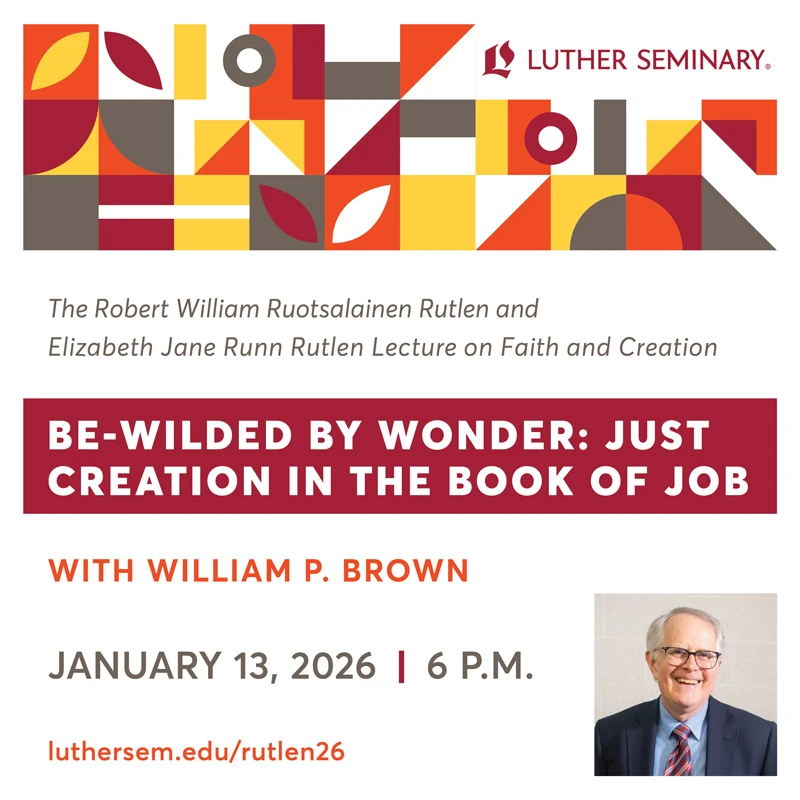2 Kings 22:8-23:27
SUMMARY
When the Judahite kings needed to seek God’s will, they sought out the prophets. Here, King JosiahJudean king noted for his reforms of Israel's worship in the time of Jeremiah. More seeks essential advice from a great prophet: the prophetess Huldah.
ANALYSIS
King Josiah is presented by the biblical text as one of Judah’s greatest kings. Upon discovering the book of the Law (most likely Deuteronomy) hidden in the TempleThe Jerusalem temple, unlike the tabernacle, was a permanent structure, although (like the tabernacle) it was a place of worship and religious activity. On one occasion Jesus felt such activity was unacceptable and, as reported in all four Gospels, drove from the temple those engaged... More, he immediately summons his priests and orders them to consult the will of God concerning the contents of the book.
There would have been any number of prophets available to the priests in and around Jerusalem. Though some prophets, like ElijahA miracle working Israelite prophet who opposed worship of Baal. More and ElishaMiracle working prophet who succeeded Elijah. More, operated at the fringes of society, others functioned in official guilds associated with cultic centers such as Jerusalem. The fact that she is the only prophet consulted about the book of the Law is thus no small honor to Huldah the prophetess. The text gives no reason why the High PriestThe high priest was the most powerful priest in the temple in Jerusalem. The high priest Caiaphas held the office during the trial of Jesus. Later, in the New Testament book of Hebrews, the role of merciful high priest is ascribed to the resurrected Jesus. More chose to visit Huldah; neither does it give any indication of hesitation on the part of the Temple leadership. Though we hear of none of her deeds of prophecyProphecy is the gift, inspired by God, of speaking and interpreting the divine will. Prophets such as Amos, Isaiah, and Ezekiel spoke words of judgment and comfort to the people of Israel on behalf of God. More, the fact that she is the immediate choice for insight into God’s will means that her prophetic career has thus far been suffused with faithfulness, integrity, and accuracy.
Indeed, she minces no words with the powers that be: the disaster upon JudahJudah was the name of Jacob's fourth son and one of the 12 tribes. More will be complete, though leniency will be given to the king. Her words spark with power, and they inflame a maelstrom of change. In light of her lengthy proclamation, King Josiah enacts immediate and holistic change. He gathers all of Jerusalem, all of Judah – “all the people, both small and great” – to the Temple. In their collective presence, the words of the book of the covenantA covenant is a promise or agreement. In the Bible the promises made between God and God's people are known as covenants; they state or imply a relationship of commitment and obedience. More are read aloud (verse 2). Upon hearing the words, Josiah immediately begins instituting the type of cultic and religious changes that God had been requesting for centuries.
King Josiah is rightly remembered as one of the greatest kings of Israel. Huldah’s significance, however, is not nearly so noted. She should be remembered as second only to JonahJonah son of Amittai was a rebellious prophet who fled from the Lord's command, only to be delivered by a big and fish and bring about the repentance of Nineveh. More in terms of God’s prophets who successfully spurred cultural repentance and institutional change.

